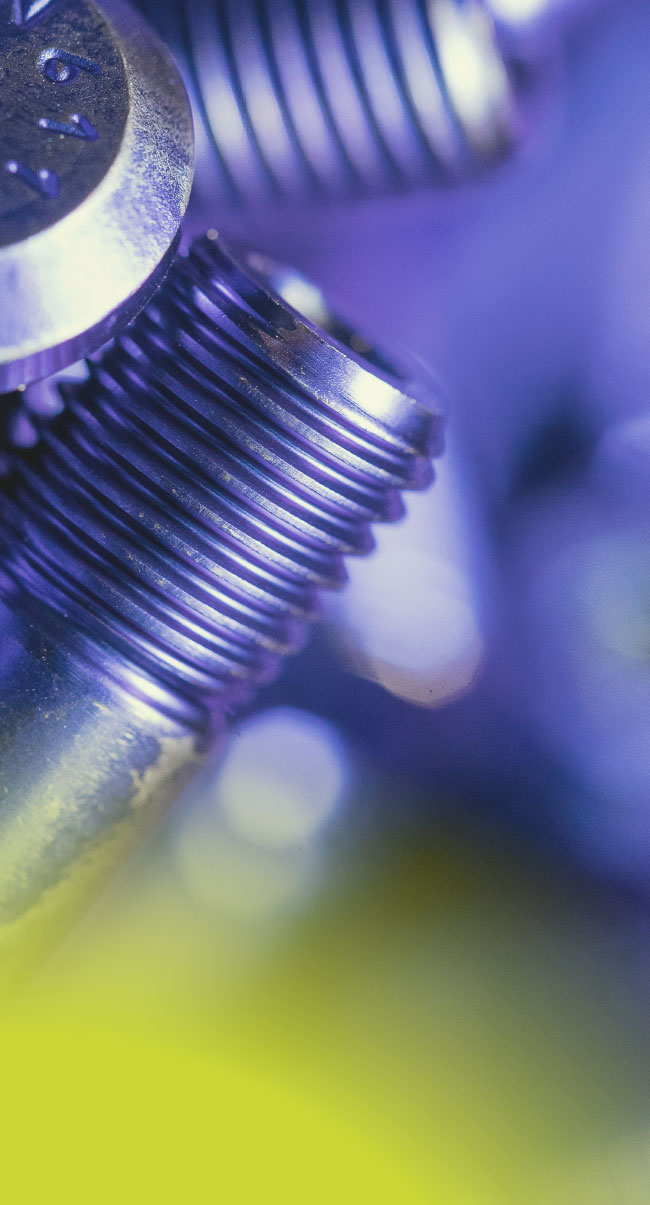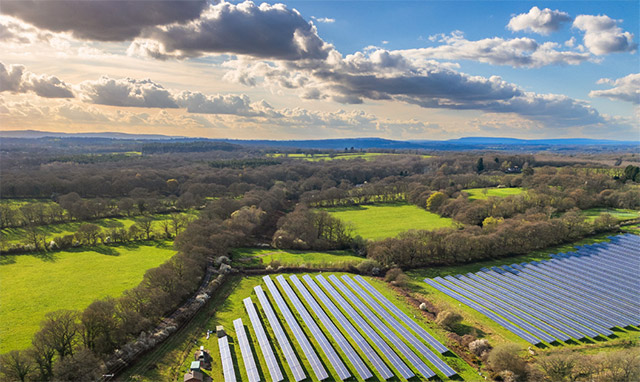Strategy
Profit


Our economic performance remains inseparable from our social responsibility. Our impact financing, linked to CSR criteria, perfectly illustrates this integrated approach. We continue to invest in sustainable innovation and the ecodesign of our products to support our clients in their own transitions, particularly in the automotive and aerospace sectors. In 2024, efforts focused especially on procurement, aiming to engage our entire value chain in a responsible approach.
# Challenges & Objectives |
2023 | 2024 |
|---|---|---|
|
New products (% of sales revenue): |
||
|
LISI AEROSPACE |
7.3 % |
7.6 % |
|
LISI AUTOMOTIVE |
12 % |
12.4 % |
|
LISI MEDICAL |
4.7 % |
2.0 % |
|
AXIS 5 : GO BEYOND OUR CUSTOMERS' EXCPECTATIONS |
||
|
% of sensitive suppliers assessed as per CSR criteria |
57 % |
67 % |
|
AXIS 6 : INVOLVE OUR SUPPLIERS |
||
|
In 2024: |
||
|
AXIS 7 : SECURE OUR FINANCIAL RESOURCES |
||
* SDG: Sustainable development goals / GRI : Global Reporting Initiative.
InterviewLaura Prodöhl
Group Lead buyer Transportation, Customs & Packaging, LISI AUTOMOTIVE
What did you focus on in 2024?
LISI AUTOMOTIVE manufactures parts in Europe that are then transported to our two sites in China. Until now, these shipments were primarily handled via air and sea transport. Our goal has been to shift to rail transportation. We worked with one of our partners to consolidate the flows from LISI AUTOMOTIVE’s French and German sites and centralize them at a single departure point for Asia.
How did you proceed?
We first merge together in Lyon the flows from the French factories in Puiseux, Delle and Melisey. These goods are then transported by train to Duisburg, where all par ts from the German sites in Mellrichstadt and Heidelberg are consolidated. The entire shipment is then grouped into a container and sent by train from Duisburg, Germany, to our LISI AUTOMOTIVE factories in Shanghai and Suzhou. This journey across Europe and Asia takes between 33 and 35 days. The process involved close collaboration between the logistics teams at the factories, the customer service depar tment, and central procurement as part of a comprehensive project approach. This choice allowed us to both optimize costs and ensure more reliable delivery times compared to maritime transport, whose prices and lead times fluctuate significantly due to geopolitical factors (e.g., piracy in the Red Sea) and market conditions (e.g., Chinese New Year, Christmas, or shipping companies’ ‘blank sailing’ policies). We achieved our goal: we have stopped air deliveries, except for those necessary to address urgent needs. This decision has had a direct impact on reducing costs as well as on the Group’s carbon footprint.
What are the projects for 2025?
Road transport, relative to the volume transported, remains our primary mode of delivery. We aim to electrify the trucks that connect our factories with those of our subcontractors.The project focuses on highly regular routes managed by a partner using a shuttle system modeled on the “milkrun”. At peak times during the week, about ten trucks connect Normandy, the Paris region, northern France, and eastern France. The carrier has already acquired several electric trucks. As part of this joint project, we plan to install charging stations at our Delle site, which currently serves as the logistical hub for this network. Over the coming months, we will test and analyze the economic reliability of this model.

Green energy purchases:
moving toward more PPAs
For renewable energy purchases, the LISI Group is refining its strategy by increasing the use of Power Purchase Agreements (PPAs). These agreements allow the Group to enter into specific contracts requiring energy suppliers to provide a defined share of renewable energy, such as wind, solar, or hydroelectric power. This commitment enables the Group to include this share in its carbon footprint calculations. This strategy is being pursued alongside self-production projects implemented at the Group’s sites.


